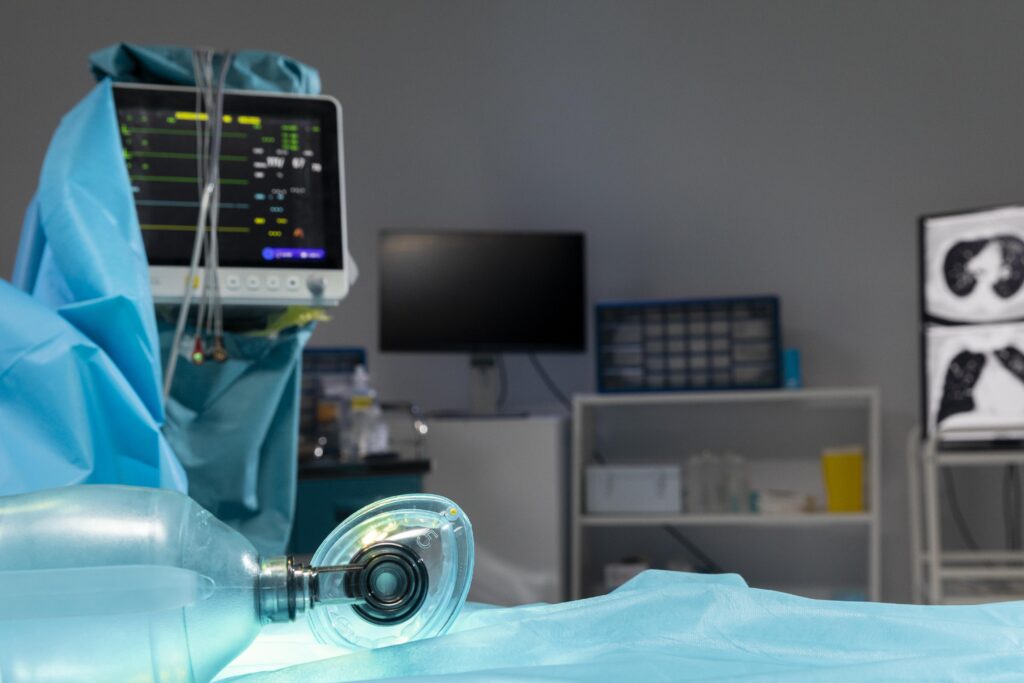Researching a company before your interview is a great way to stand out from other candidates during the hiring process.
Absolutely. Here’s Blog Post #3, written from the voice of a seasoned Nigerian biomedical engineer, in professional Nigerian English. It’s SEO-friendly, informative, and speaks directly to your audience with authority and clarity.
What Is Preventive Maintenance in Hospitals? A Nigerian Biomedical Engineer Explains
Meta Description:
Preventive maintenance is essential to avoid sudden breakdown of hospital equipment. Learn what it means, why Nigerian hospitals must take it seriously, and how it saves money and lives.
Introduction\
“What exactly is preventive maintenance, and why is it important for hospital equipment?”
The simple answer? Preventive maintenance is the regular, planned servicing of your medical equipment before something goes wrong. It’s like taking your car for servicing every few months, not waiting until it breaks down on Third Mainland Bridge.
What Is Preventive Maintenance?
Preventive Maintenance (PM) in healthcare is a structured plan to inspect, clean, test, calibrate, and service medical equipment at scheduled intervals—whether the device looks faulty or not.
This includes equipment like:
- Ventilators
- Anesthesia machines
- Patient monitors
- Infusion pumps
- ECG machines
- Ultrasound scanners
- Laboratory analyzers
- NICU warmers and incubators
- X-ray and imaging systems
The goal is to detect potential issues early, reduce the risk of failure, and keep your machines reliable, safe, and accurate.
Why Nigerian Hospitals Must Take It Seriously
A lot of hospitals in Nigeria wait until the equipment completely stops working before calling a technician. But let me be honest with you—that’s not only expensive, it’s dangerous.
I’ve seen avoidable situations where surgeries had to be postponed because the anesthesia machine failed. Or where patients received wrong diagnoses because the lab equipment was no longer calibrated correctly.
Hospitals that do regular PM avoid these problems and enjoy:
✅ Fewer breakdowns
✅ Longer equipment lifespan
✅ Lower repair costs
✅ Better patient outcomes
✅ Smooth accreditation from HEFAMAA, MDCN, NAFDAC, etc.
What Does Preventive Maintenance Involve?
As a biomedical engineer, our PM routine usually includes:
- Full visual and functional inspection
- Cleaning of internal and external components
- Calibration and accuracy checks
- Replacement of worn parts (filters, batteries, sensors)
- Testing safety features (alarms, grounding, etc.)
- Documentation for hospital records
We follow manufacturer guidelines, and we do this quarterly, biannually, or yearly—depending on the equipment type and usage.
Examples From My Experience
- A ventilator in Port Harcourt: We caught a cracked pressure sensor before it caused inaccurate patient ventilation. Simple fix. Disaster avoided.
- Ultrasound machine in Jos: Preventive maintenance revealed a power fluctuation issue. The hospital was able to fix the stabilizer, saving the motherboard.
- Incubator in a Lagos NICU: We calibrated the temperature sensor, which was slightly off. Babies were being overheated, and nobody knew.
What Happens If You Skip It?
If you’re managing a hospital and ignoring PM, here’s what you risk:
❌ Emergency repairs that cost 3x more
❌ Delayed surgeries or patient procedures
❌ Loss of reputation and patient trust
❌ Regulatory penalties
❌ Total equipment failure
How to Start a Preventive Maintenance Program
Here’s my honest advice for Nigerian healthcare providers:
- Inventory all your medical equipment.
- Partner with a trusted biomedical service provider.
- Set a PM schedule and stick to it.
- Keep a maintenance logbook or software record.
- Train your clinical staff to report issues early.
Let Us Handle It for You
Our company works with hospitals across Nigeria to provide preventive maintenance plans that are affordable, consistent, and efficient.
🔧 What you get:
- Full PM and calibration schedule
- Detailed reports
- Emergency support
- Expert biomedical engineers trained across multiple equipment categories
📞 Contact us today to start a preventive maintenance program tailored for your hospital.


